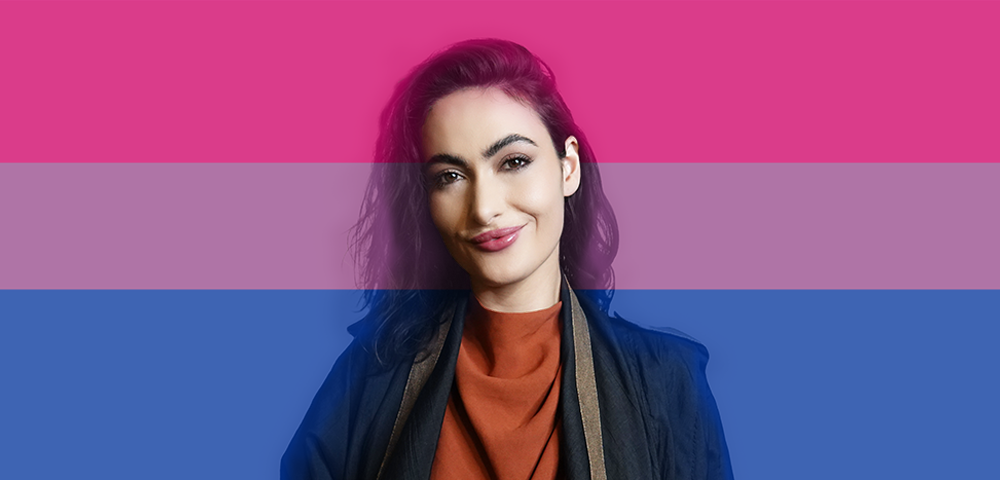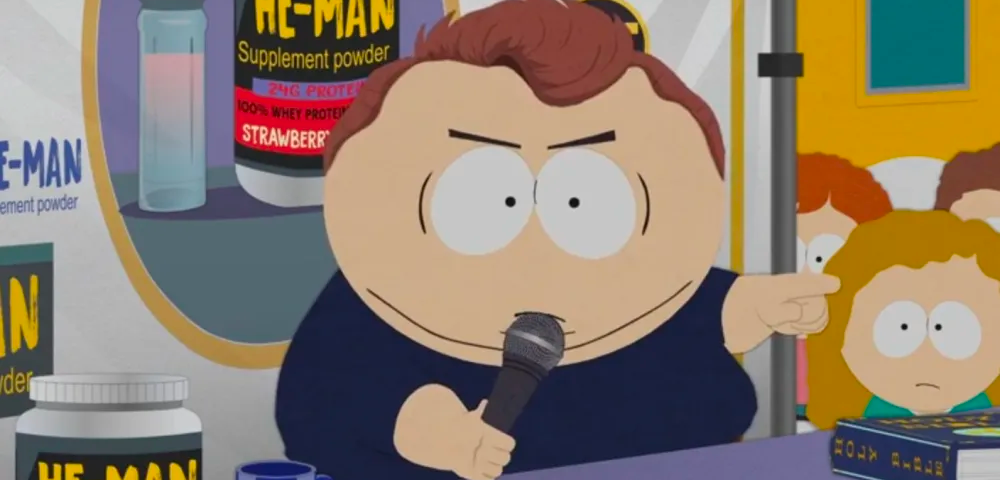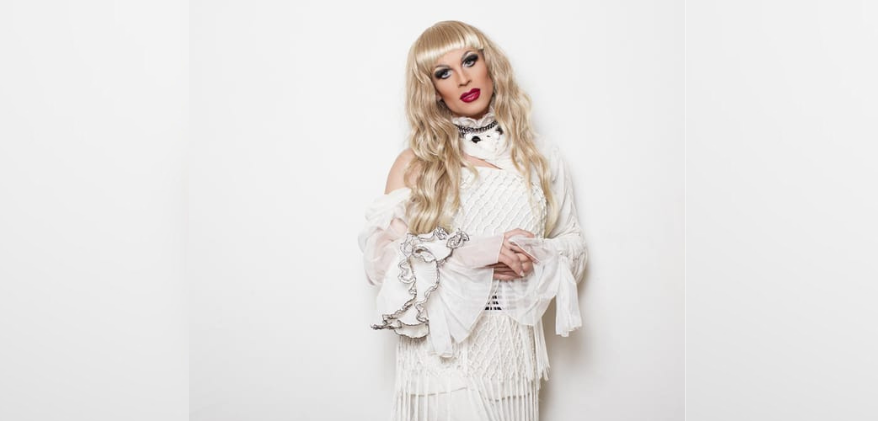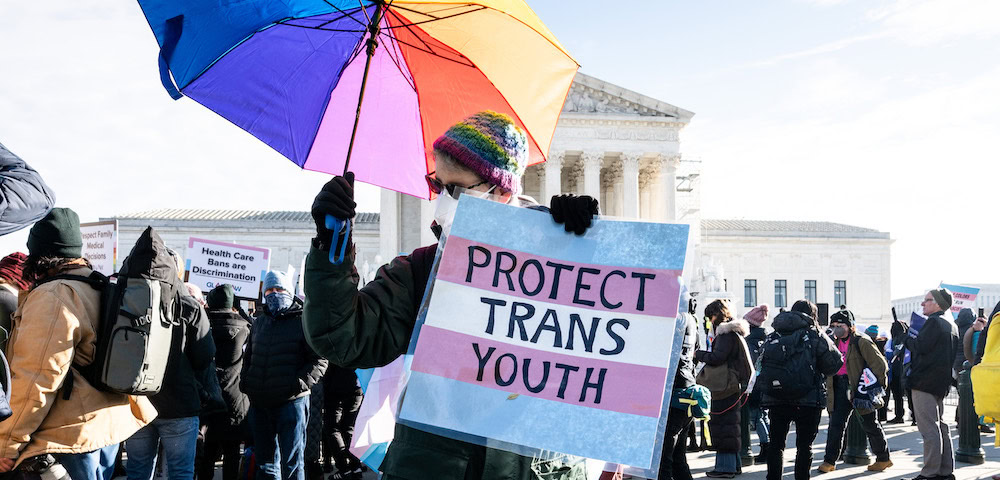
Police and our community
Many of us have been subject to, or heard of someone who has been affected by, homophobic harassment and discrimination. This may occur as part of school, during our work, and sometimes in instances where we have come into contact with the police. Knowing how to deal with police discrimination in a constructive way enables both you and our community to get the best out of an ugly situation.
If you are subject to police discrimination on the basis of your sexuality, there are a number of options you can take. The first is to contact your local police station and to make a formal complaint. It is best to make the complaint in writing, as this provides you, and the police, with a written record of what occurred. The police may also refuse to accept the complaint if it is not in writing.
Set out how the harassment occurred. Make sure you include where the harassment occurred, the date and time, who was present when it happened and, if you know the name of the police officer, include that too. At the same time, let the police know what you want by way of a response to your complaint. Do you want an apology from the police officer who harassed you? Do you want the police service to provide training to their staff? Once the police know what you want, they can then decide how to respond.
Any complaint made about a NSW police officer on the basis of harassment or discrimination will be referred to the Commissioner of Police and the NSW Ombudsmen. The complaint is likely to be dealt with by your local police force under the direction of the Commissioner. The Ombudsmen will not usually consider the complaint themselves. However, if the Ombudsmen believes the complaint has not been handled effectively they will carry out their own investigation.
Many people choose not to complain because of fear that they will be ignored, a belief that it will be too time-consuming or a belief that it won’t make any difference. Just remember that the police must make timely and effective inquiries into your complaint, keep you informed and seek your views as to whether you are satisfied with their response. If they don’t do this, you can ask the NSW Ombudsmen to carry out an independent investigation on your behalf.
At the same time contact a NSW Police, Gay and Lesbian Liaison Officer (GLLO). You can do this by calling 9281 0000 and asking for your local GLLO. GLLOs are responsible for ensuring that the police have a constructive relationship with the GLBTIQ community. GLLOs are trained in issues that may be of particular concern to GLBTIQ communities. If you believe the police have treated you unfairly, your local GLLO may be able to help you.
For further information see: ACON’s Anti-Violence Project, http://avp.acon.org.au/index.htm; Attorney-General’s Department of NSW, Understanding Your Legal Rights: A Guide for Lesbians and Gay Men in NSW, www.lawlink.nsw.gov.au/samesex; The NSW Ombudsmen, http://www.nswombudsman.nsw.gov.au.
This is an initiative of the NSW Young Lawyers Human Rights Committee. If you have any questions about this column, or would like information on a particular area of law, you can contact us on lawyer@ssonet.com.au.








